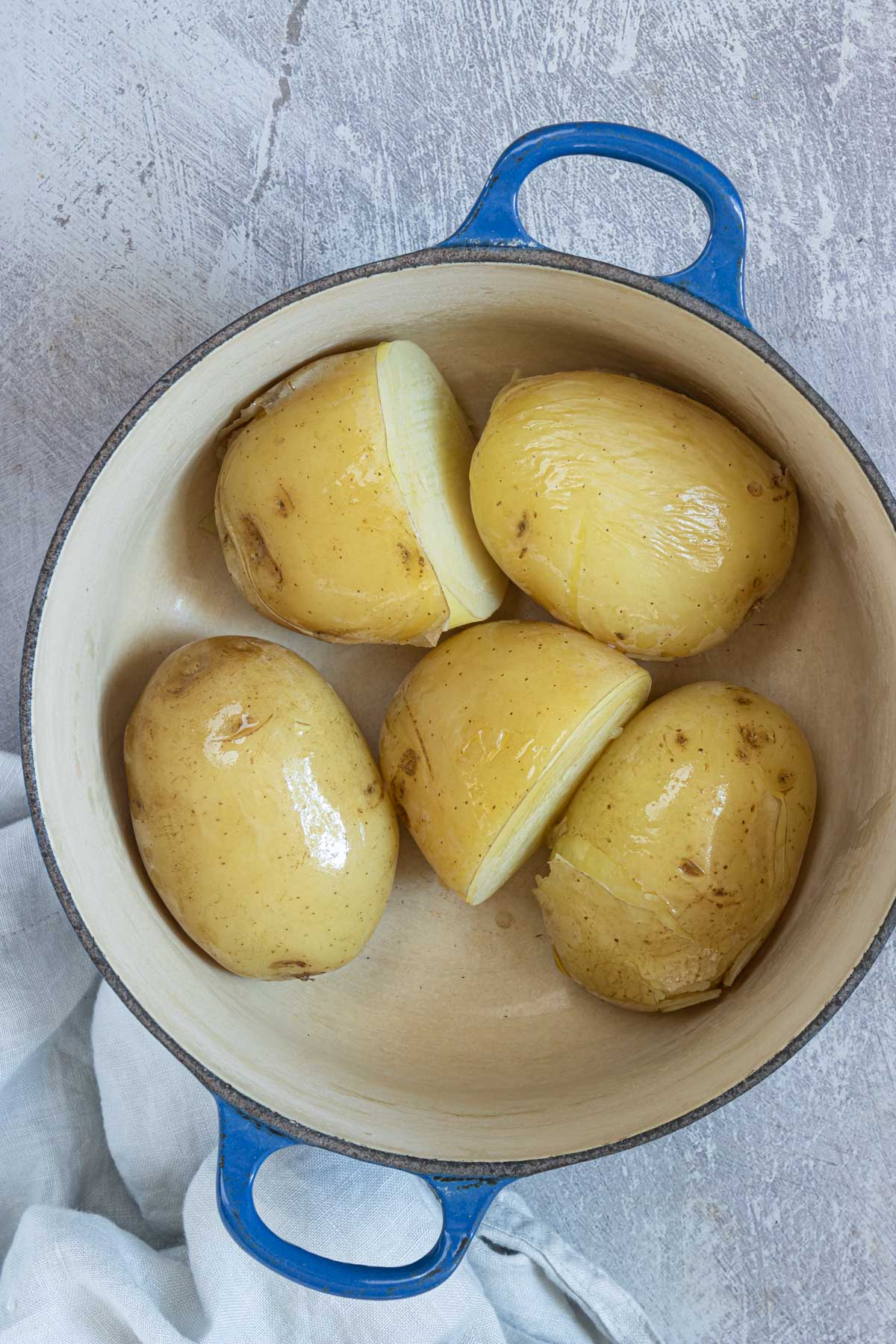

Articles
How To Store Cooked Potatoes For Potato Salad
Modified: February 23, 2024
Learn how to store cooked potatoes for your next potato salad with this helpful article. Find tips and tricks to keep your potatoes fresh and tasty.
(Many of the links in this article redirect to a specific reviewed product. Your purchase of these products through affiliate links helps to generate commission for Storables.com, at no extra cost. Learn more)
Introduction
Welcome to the world of delicious potato salad! Whether you’re preparing it for a picnic, barbecue, or family gathering, there’s no denying that a perfectly-made potato salad is a crowd-pleaser. But what happens when you have leftovers? Properly storing cooked potatoes is crucial to maintaining their quality and preventing foodborne illnesses. In this article, we will explore the importance of storing cooked potatoes for potato salad and provide you with effective methods to ensure their freshness.
When it comes to storing cooked potatoes, it’s essential to strike the right balance between food safety and taste. Potatoes are known for their ability to deteriorate quickly, as they are a high-starch food. Improper storage can lead to bacterial growth and spoilage, resulting in an unpleasant taste and potential health risks.
There are several factors to consider when storing cooked potatoes for potato salad. These include temperature, moisture, air exposure, and duration. By understanding these factors and implementing the appropriate storage methods, you can maximize the shelf life of your cooked potatoes while maintaining their optimal texture and flavor.
In the following sections, we will delve into different methods of storing cooked potatoes for potato salad, such as refrigeration and freezing. Additionally, we’ll provide you with valuable tips and best practices to ensure your cooked potatoes stay fresh and tasty for as long as possible.
So, let’s dive in and learn how to store cooked potatoes like a pro!
Key Takeaways:
- Properly storing cooked potatoes is crucial for maintaining their quality, preventing foodborne illnesses, and minimizing food waste. Consider temperature, moisture, air exposure, and duration when storing to ensure freshness and safety.
- Whether refrigerating for short-term use or freezing for longer-term storage, following proper storage methods and tips is essential for maintaining the texture and flavor of cooked potatoes. Pay attention to temperature, moisture, air exposure, and duration to maximize shelf life and minimize bacterial growth.
Why Proper Storage is Important
Properly storing cooked potatoes is essential for several reasons. First and foremost, it helps preserve the quality and taste of the potatoes. Cooked potatoes can quickly lose their texture and flavor if not stored correctly, resulting in a less enjoyable eating experience.
Furthermore, improper storage of cooked potatoes can lead to the growth of harmful bacteria, such as Clostridium botulinum, which can cause food poisoning. These bacteria thrive in environments with inadequate temperature control and can multiply rapidly in cooked potatoes. Consuming contaminated potatoes can lead to severe illness, including botulism, which can be life-threatening.
Another reason why proper storage is crucial is to minimize food waste. By storing cooked potatoes correctly, you can extend their shelf life and reduce the chances of having to discard unused portions. This not only saves money but also helps in the efforts to reduce food waste and promote sustainability.
Lastly, adhering to proper storage practices ensures food safety. Whether you’re cooking for yourself, your family, or a larger gathering, it’s essential to prioritize the well-being of your loved ones and guests. Storing cooked potatoes in a safe manner helps prevent foodborne illnesses and promotes a healthy dining experience.
Now that we understand the importance of proper storage, let’s explore the factors to consider when storing cooked potatoes for potato salad.
Factors to Consider for Storing Cooked Potatoes
When it comes to storing cooked potatoes, there are several factors to consider to ensure their longevity and quality. By understanding these factors, you can make informed decisions about the best storage methods for your potato salad leftovers.
1. Temperature: Cooked potatoes should be stored at a safe temperature to prevent bacterial growth. The ideal temperature for storing cooked potatoes is below 40°F (4°C). This can be achieved by refrigeration or freezing, which we will discuss in more detail later in the article.
2. Moisture: Moisture is another critical factor to consider when storing cooked potatoes. Excess moisture can lead to the growth of mold and bacteria. Before storing, allow the cooked potatoes to cool completely and pat them dry with a paper towel to remove any excess moisture.
3. Air Exposure: Limiting air exposure is essential to prevent oxidation and maintain the quality of cooked potatoes. Oxidation can cause the potatoes to turn brown and develop an unpleasant taste. To minimize air exposure, store cooked potatoes in airtight containers or wrap them tightly in plastic wrap or aluminum foil.
4. Duration: Cooked potatoes, like any other food, have a limited shelf life. It is crucial to consume them within a certain timeframe to ensure food safety and quality. Generally, cooked potatoes can be stored for 3-5 days in the refrigerator and 2-3 months in the freezer.
By taking into account these factors, you can effectively store your cooked potatoes for potato salad and ensure they remain safe to eat and enjoyable for as long as possible. Now, let’s move on to explore different methods of storing cooked potatoes for potato salad.
Methods of Storing Cooked Potatoes for Potato Salad
There are two main methods for storing cooked potatoes for potato salad: refrigeration and freezing. Let’s dive into each method and understand how to properly store your leftovers.
1. Refrigeration Method
Refrigeration is the most common and convenient method for storing cooked potatoes for short-term use. Here’s how you can do it:
- Allow the cooked potatoes to cool completely at room temperature before refrigerating them. This helps prevent condensation and excess moisture.
- Transfer the cooked potatoes to an airtight container or place them in a resealable plastic bag.
- Label the container or bag with the date to keep track of their freshness.
- Store the cooked potatoes in the refrigerator, preferably on one of the upper shelves where the temperature is more consistent.
- Consume the stored cooked potatoes within 3-5 days to ensure their quality and safety.
Remember to properly seal the container or bag to prevent air exposure and maintain freshness. It’s also advisable to store the potatoes separately from any dressings or other ingredients to prevent them from becoming soggy.
Read more: How To Store Salad
2. Freezing Method
If you have a surplus of cooked potatoes and want to store them for a more extended period, freezing is the way to go. Freezing helps retain the texture and flavor of the potatoes. Follow these steps to freeze cooked potatoes:
- Cool the cooked potatoes completely and remove any excess moisture by patting them dry with a paper towel.
- Cut the potatoes into small pieces or leave them whole, depending on your preference.
- Place the potatoes into a freezer-safe container or airtight freezer bag.
- Seal the container or bag tightly, ensuring there is no air inside.
- Label the container or bag with the date.
- Store the cooked potatoes in the freezer at 0°F (-18°C) or below.
- When you’re ready to use the frozen potatoes, thaw them in the refrigerator overnight or in the microwave on the defrost setting.
It’s worth noting that freezing can change the texture of the cooked potatoes slightly, making them slightly softer. However, this shouldn’t affect their suitability for potato salads.
By following these methods of refrigeration and freezing, you can store your cooked potatoes for potato salad and enjoy them at a later time. Now, let’s explore some tips for properly storing cooked potatoes.
Methods of Storing Cooked Potatoes for Potato Salad
1. Refrigeration Method
The refrigeration method is the most common and convenient way to store cooked potatoes for short-term use. By following the steps below, you can ensure the freshness and safety of the potatoes:
- Allow the cooked potatoes to cool completely at room temperature before refrigerating them. This process helps prevent condensation and excess moisture, which can lead to bacterial growth.
- Transfer the cooked potatoes to an airtight container or place them in a resealable plastic bag. It is important to choose a container or bag that is appropriately sized to accommodate the potatoes without excessive empty space.
- Label the container or bag with the current date to keep track of their freshness. This will help you determine when it’s time to consume or discard the potatoes.
- Store the cooked potatoes in the refrigerator. It is recommended to place them on one of the upper shelves where the temperature is more consistent.
- Consume the stored cooked potatoes within 3-5 days to ensure their quality and safety. It is crucial to note that potatoes can spoil quickly, so it’s best to use them as soon as possible.
When storing cooked potatoes in the refrigerator, it’s essential to seal the container or bag tightly to prevent air exposure. This will help maintain the potatoes’ freshness and prevent them from absorbing any odors from other foods in the refrigerator. Additionally, consider storing the potatoes separately from any dressings or other ingredients to avoid them becoming soggy.
By following these simple steps, you can effectively store your cooked potatoes using the refrigeration method. This will help preserve their quality and ensure they are safe to eat when you’re ready to make that delicious potato salad!
Methods of Storing Cooked Potatoes for Potato Salad
Read more: How To Store Salad
2. Freezing Method
If you have a surplus of cooked potatoes and want to store them for a longer period, freezing is an excellent option. Freezing helps retain the texture and flavor of the potatoes. Here’s how you can freeze cooked potatoes:
- Cool the cooked potatoes completely. It’s important to allow them to reach room temperature before freezing.
- Remove any excess moisture from the cooked potatoes by patting them dry with a paper towel. Excess moisture can cause ice crystals to form and affect the texture of the potatoes.
- Cut the cooked potatoes into small pieces or leave them whole, based on your preference and how you plan to use them in the future.
- Place the cooked potatoes into a freezer-safe container or airtight freezer bag. Make sure to leave some headspace for expansion during the freezing process.
- Seal the container or bag tightly to prevent air from getting inside. This will help maintain the quality of the potatoes during freezing.
- Label the container or bag with the current date. This allows you to keep track of how long the potatoes have been frozen.
- Store the cooked potatoes in the freezer at a temperature of 0°F (-18°C) or below. This ensures that the potatoes remain frozen and maintain their quality.
- When you are ready to use the frozen potatoes, thaw them in the refrigerator overnight or use the defrost setting on your microwave. Avoid thawing them at room temperature, as this can lead to bacterial growth.
It is important to note that freezing might slightly affect the texture of the cooked potatoes, making them slightly softer upon thawing. However, this shouldn’t significantly impact their suitability for potato salads or other dishes.
By following these steps, you can effectively freeze cooked potatoes for potato salad and have them readily available whenever you need them. Just remember to consume the frozen potatoes within 2-3 months for the best flavor and quality.
Now that we have explored the refrigeration and freezing methods, let’s move on to some tips for properly storing cooked potatoes.
Store cooked potatoes for potato salad in an airtight container in the refrigerator for up to 3-5 days. Add a drizzle of olive oil to prevent them from drying out.
Tips for Properly Storing Cooked Potatoes
To ensure the longevity and quality of your cooked potatoes, here are some helpful tips for proper storage:
- Allow the cooked potatoes to cool completely before storing them. This helps prevent excess moisture and condensation, which can lead to bacterial growth and spoilage.
- Before storing, remove any excess moisture from the cooked potatoes by patting them dry with a paper towel. Moisture can cause the potatoes to become mushy and lose their texture.
- Choose appropriate storage containers or bags that are airtight. This prevents air exposure and helps maintain the freshness of the potatoes. Tightly sealed containers also prevent cross-contamination from other foods in the refrigerator or freezer.
- Label the containers or bags with the date of storage to keep track of their freshness. This will help you determine when it’s time to use or discard the cooked potatoes.
- Store cooked potatoes in the refrigerator at a temperature below 40°F (4°C) for short-term use. This helps slow down the growth of bacteria and extends the shelf life of the potatoes.
- If storing for an extended period, consider freezing the cooked potatoes. Pack them in freezer-safe containers or bags, ensuring they are tightly sealed to prevent freezer burn.
- When freezing, cut the cooked potatoes into smaller pieces or leave them whole, based on your preference. This allows for easier portioning and thawing when you’re ready to use them.
- Thaw frozen cooked potatoes in the refrigerator overnight or using the defrost setting on your microwave. Avoid thawing them at room temperature to prevent bacterial growth.
- Consume stored cooked potatoes within the recommended timeframes. Refrigerated cooked potatoes should be used within 3-5 days, while frozen cooked potatoes are best consumed within 2-3 months.
By following these tips, you can ensure that your cooked potatoes remain fresh and safe for consumption. Proper storage practices are key to maintaining the quality and taste of the potatoes for your delicious potato salad.
Now that you have a good understanding of how to store cooked potatoes, it’s time to put this knowledge into practice and enjoy your potato salad anytime you like!
Conclusion
Properly storing cooked potatoes is essential for maintaining their quality, safety, and taste. Whether you choose the refrigeration method for short-term storage or the freezing method for longer-term storage, following the right steps and considering important factors will help ensure that your potato salad leftovers remain fresh and delicious.
By paying attention to temperature, moisture, air exposure, and duration, you can maximize the shelf life of cooked potatoes and minimize the risk of bacterial growth and spoilage. Remember to cool the potatoes before storage, remove excess moisture, use airtight containers or bags, label them with the date, and store them appropriately in the refrigerator or freezer.
Additionally, make sure to consume the stored cooked potatoes within the recommended timeframes – 3-5 days for refrigerated potatoes and 2-3 months for frozen potatoes. This will guarantee their best quality and flavor upon consumption.
With these storage methods and tips in mind, you can confidently prepare potato salad for any occasion without worrying about wasting leftovers or compromising food safety. Enjoy the convenience of having cooked potatoes readily available and the satisfaction of serving delicious potato salad to your family and friends.
So, the next time you’re making potato salad, remember to store your cooked potatoes properly, whether in the refrigerator or freezer. With the right storage techniques, you can ensure that your potato salad is always a hit and that you never let those precious potatoes go to waste.
Frequently Asked Questions about How To Store Cooked Potatoes For Potato Salad
Was this page helpful?
At Storables.com, we guarantee accurate and reliable information. Our content, validated by Expert Board Contributors, is crafted following stringent Editorial Policies. We're committed to providing you with well-researched, expert-backed insights for all your informational needs.
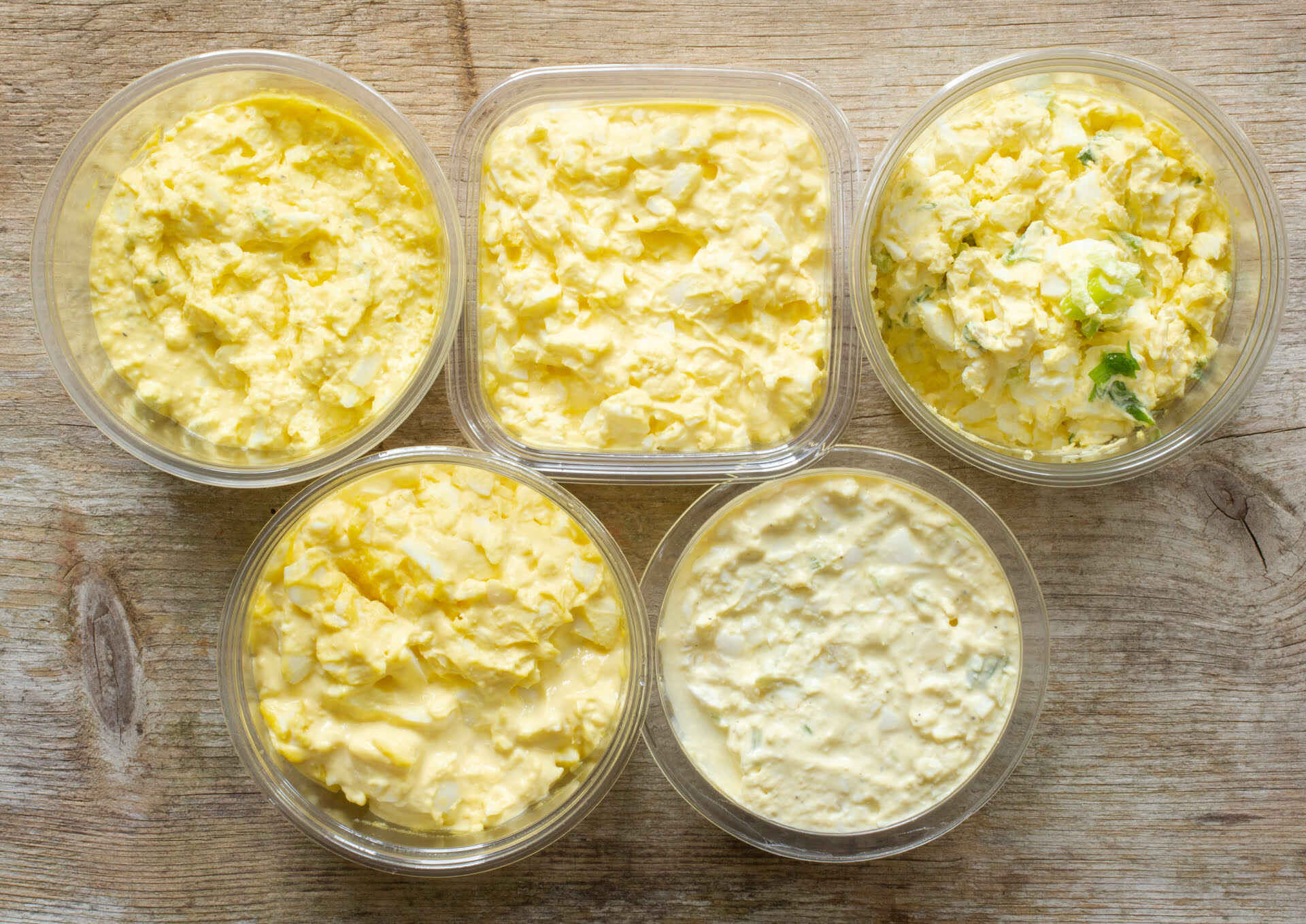

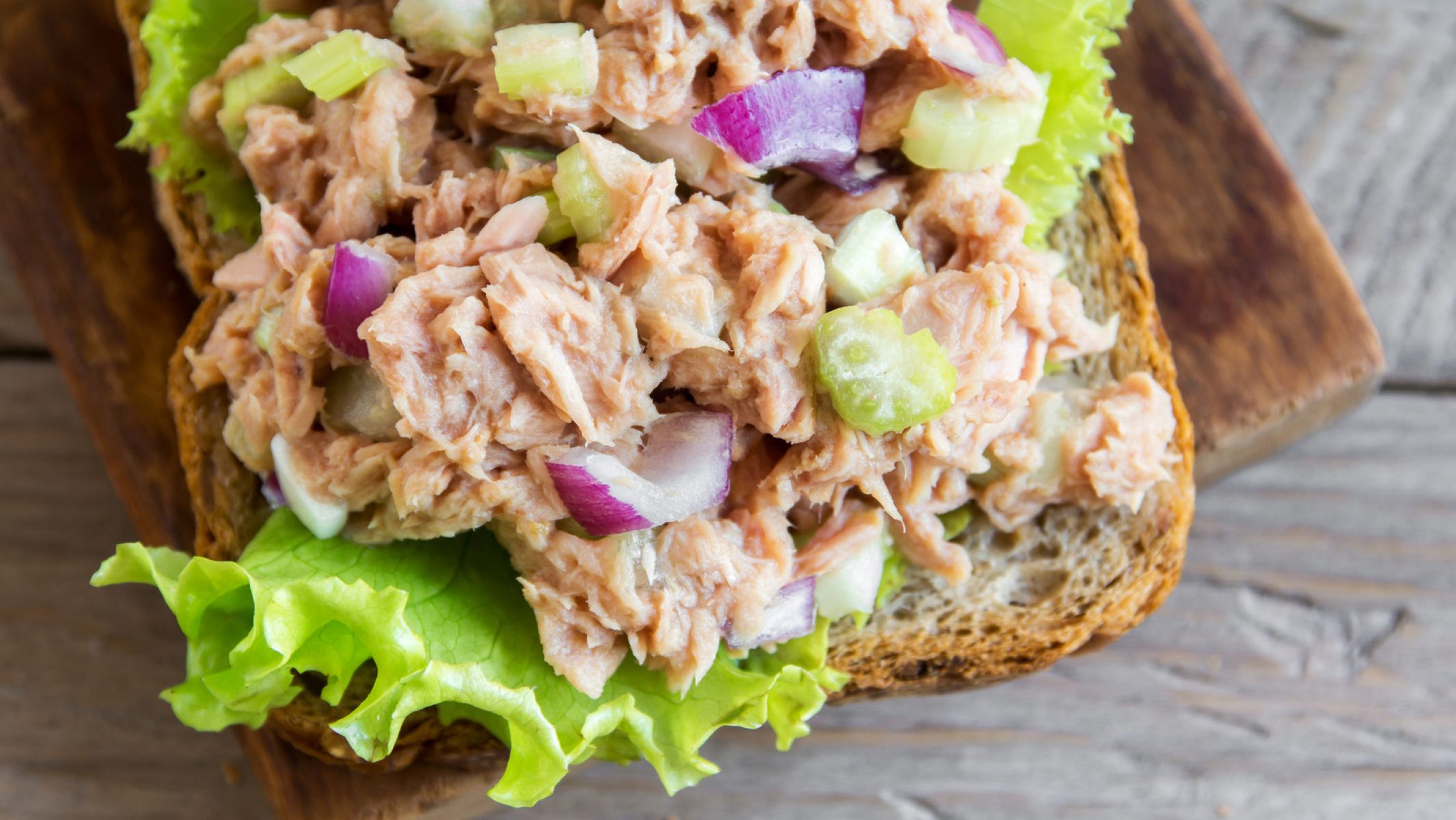
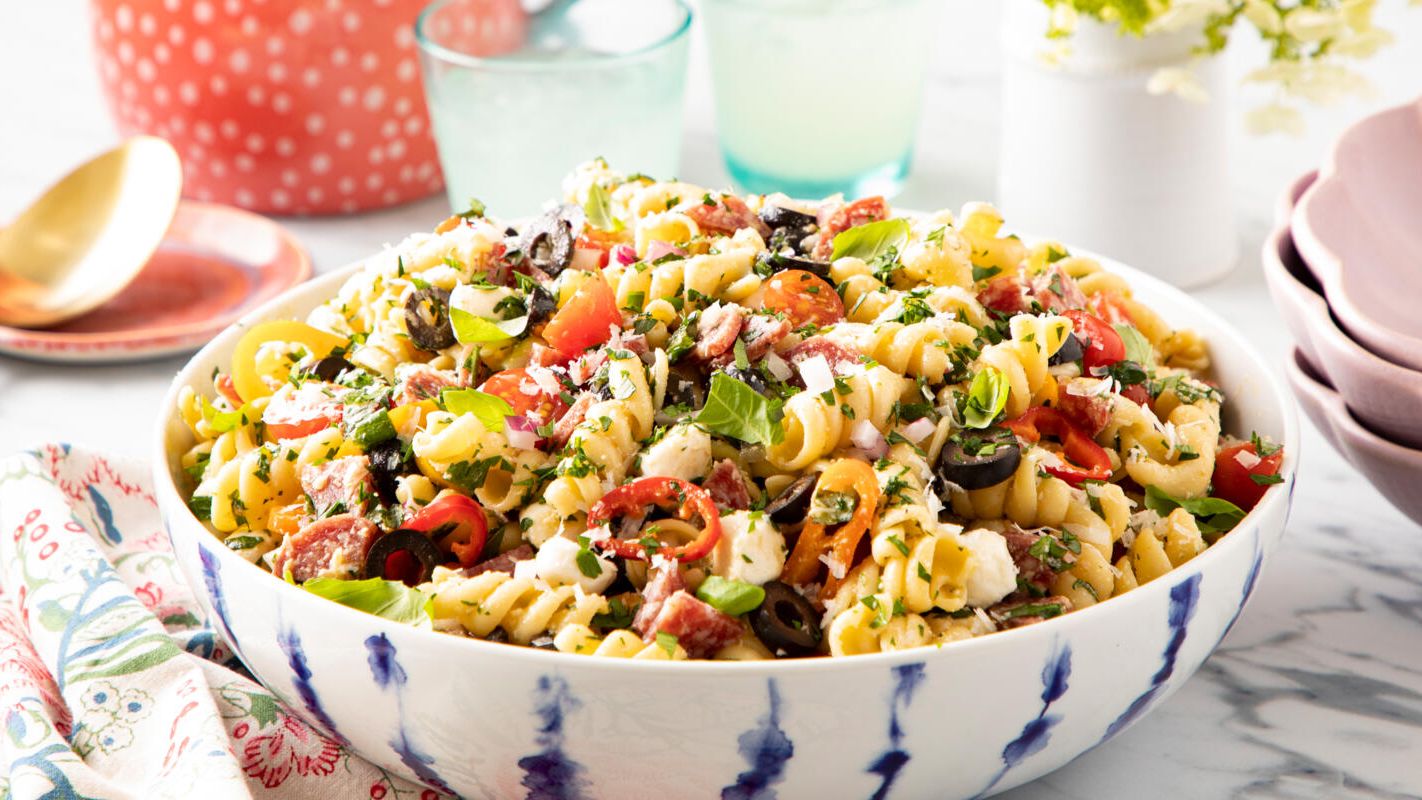
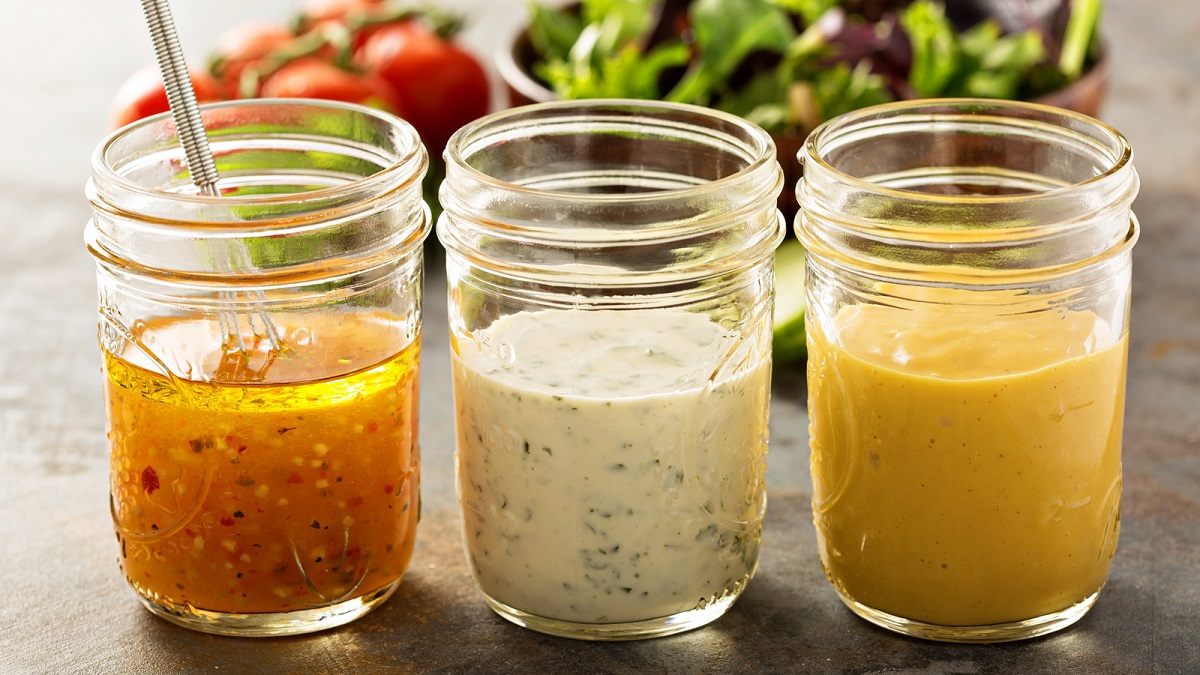
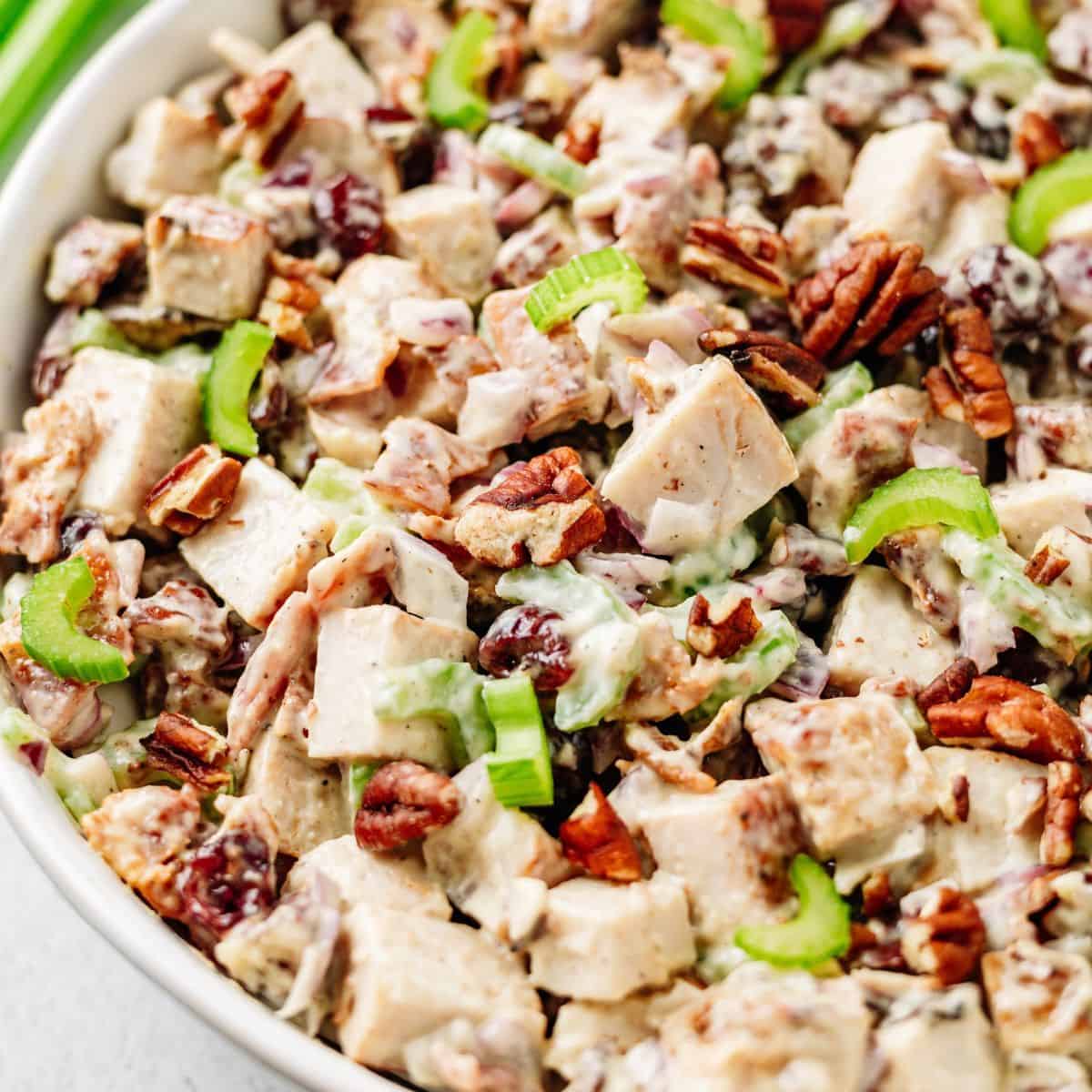
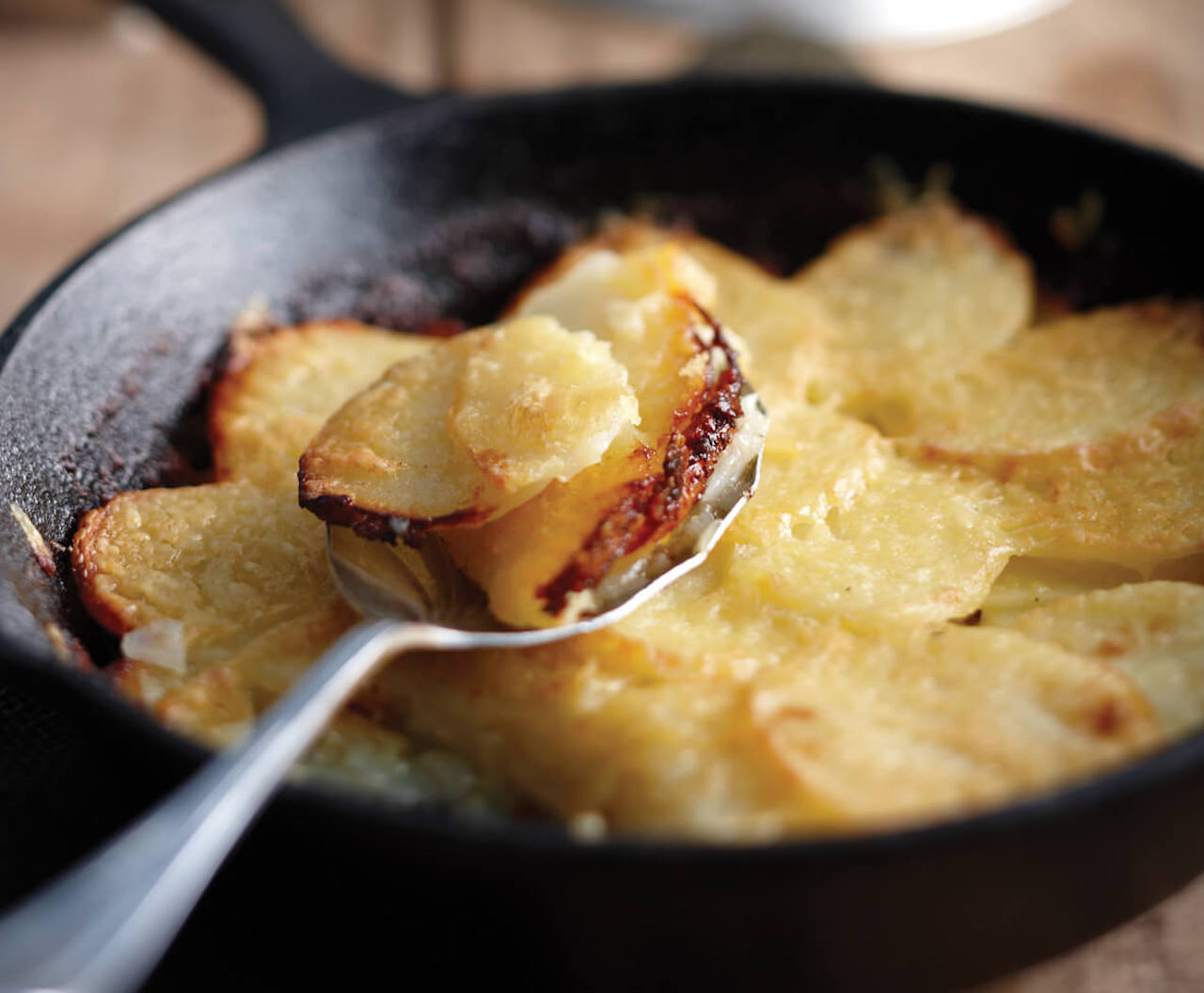
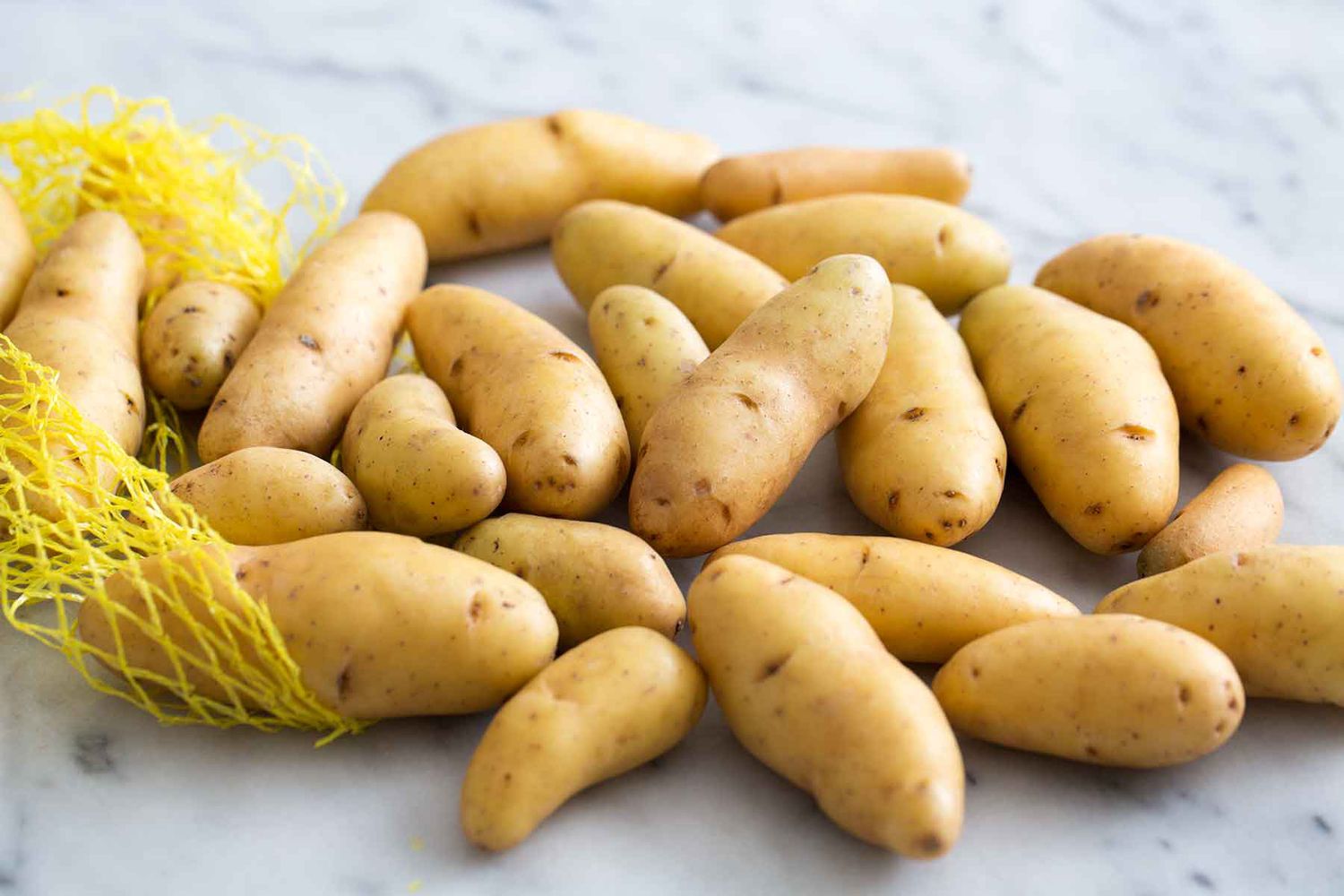
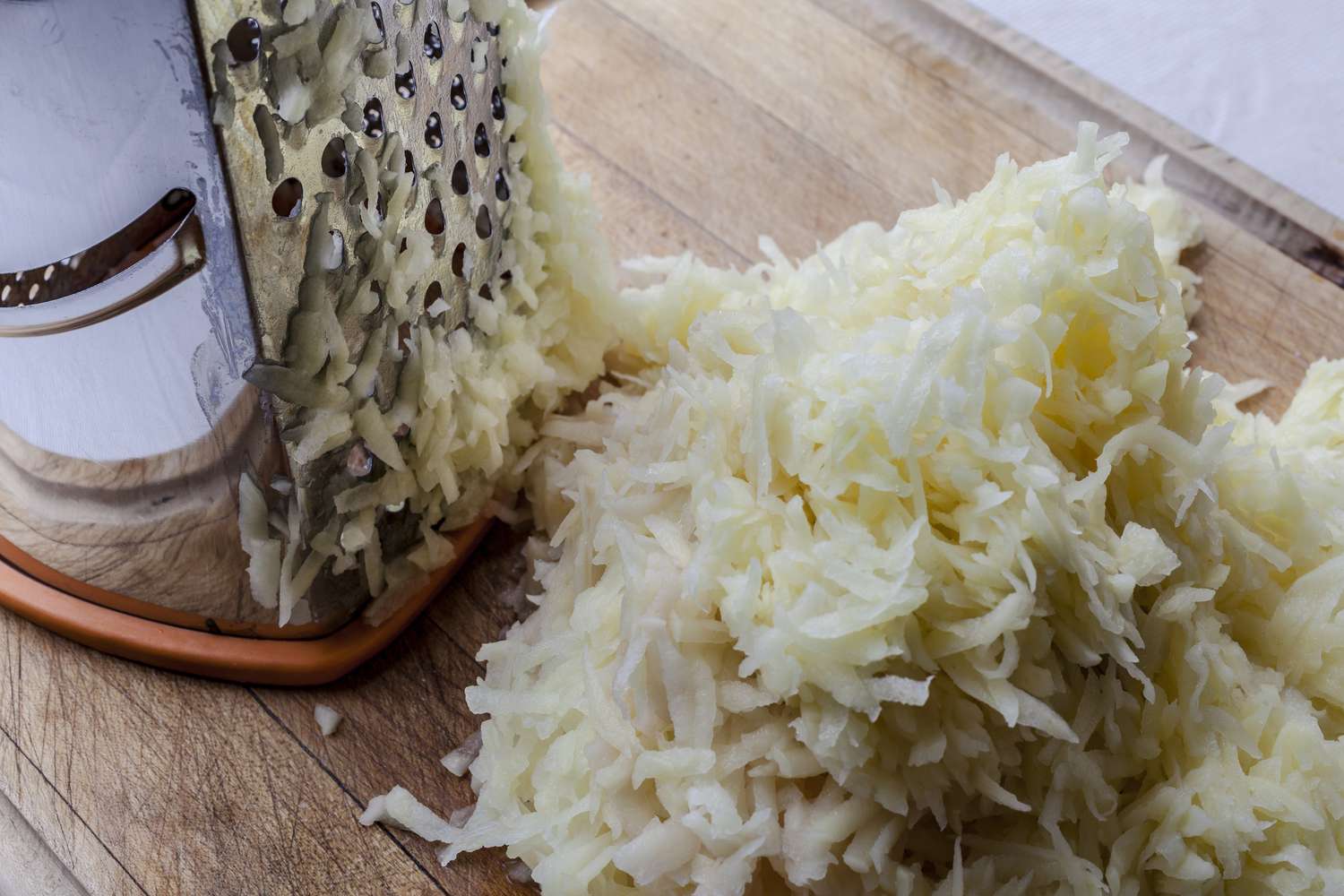
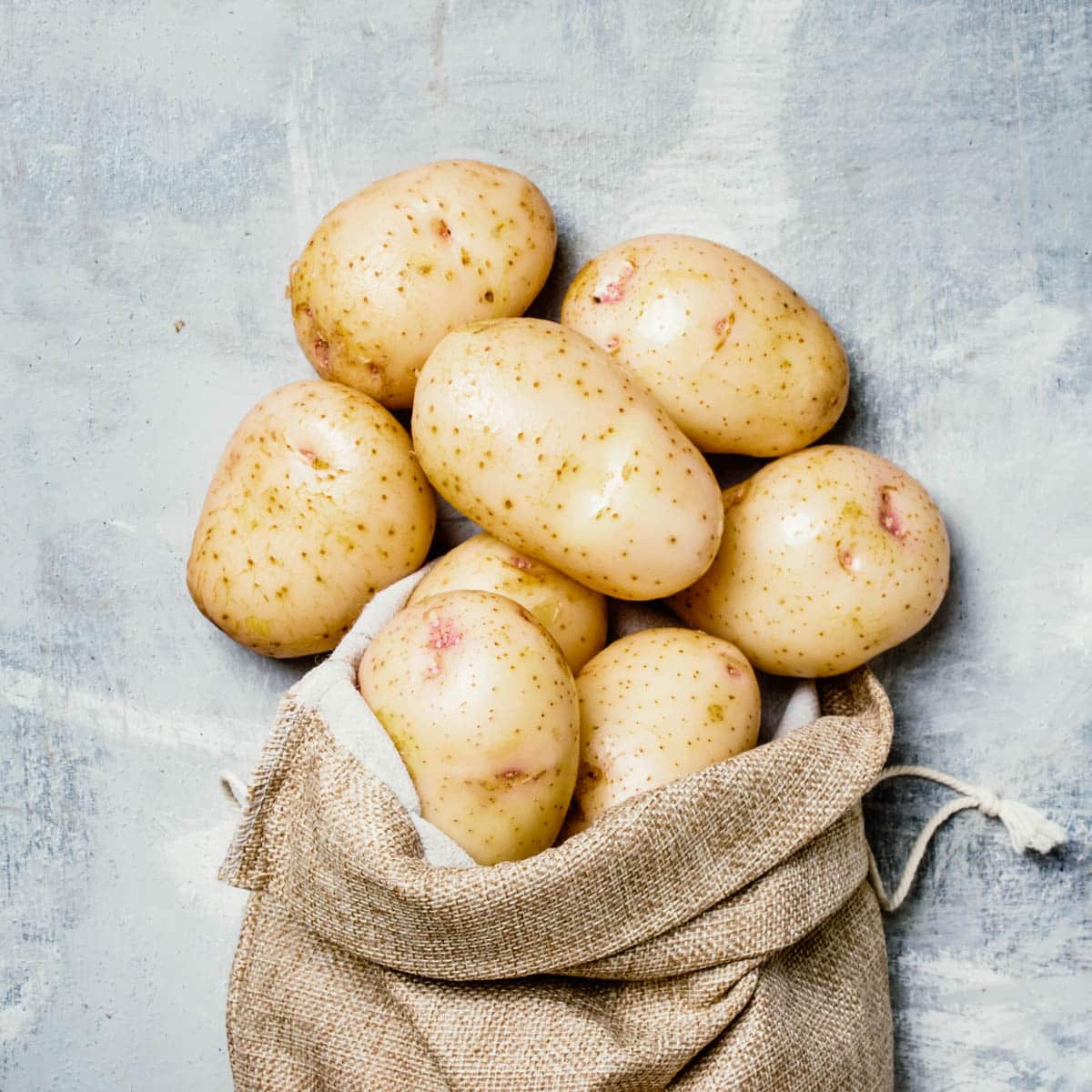
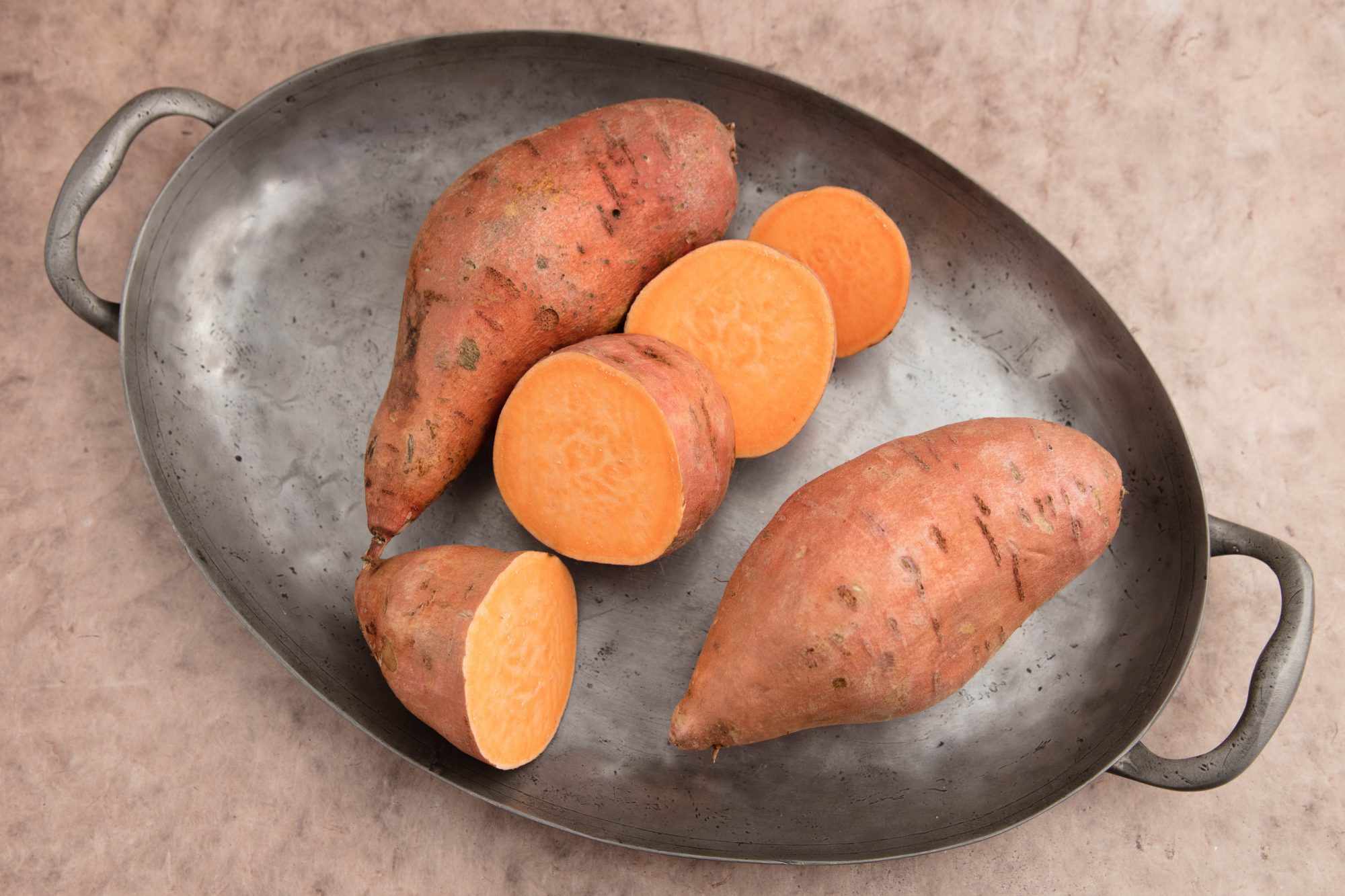
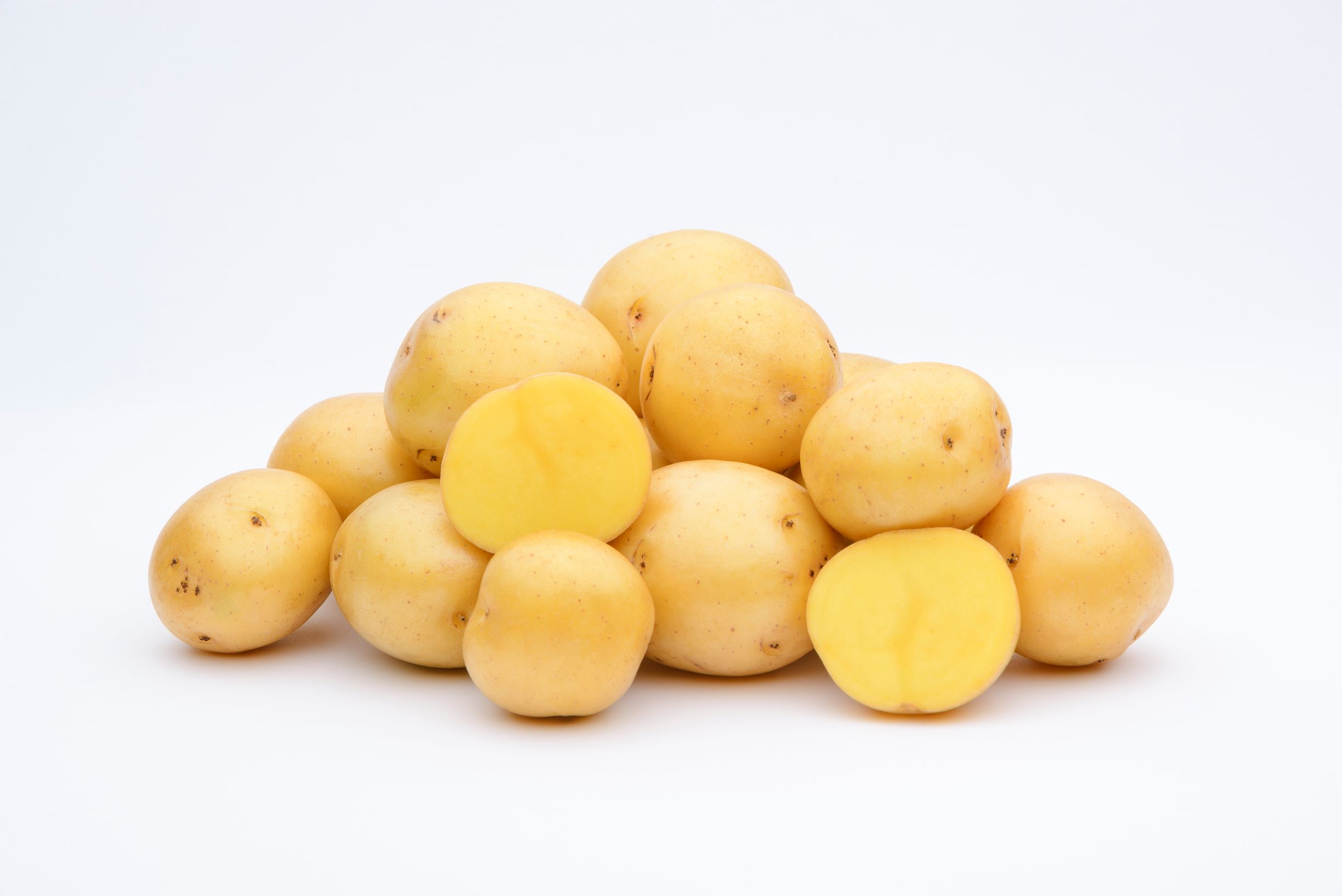
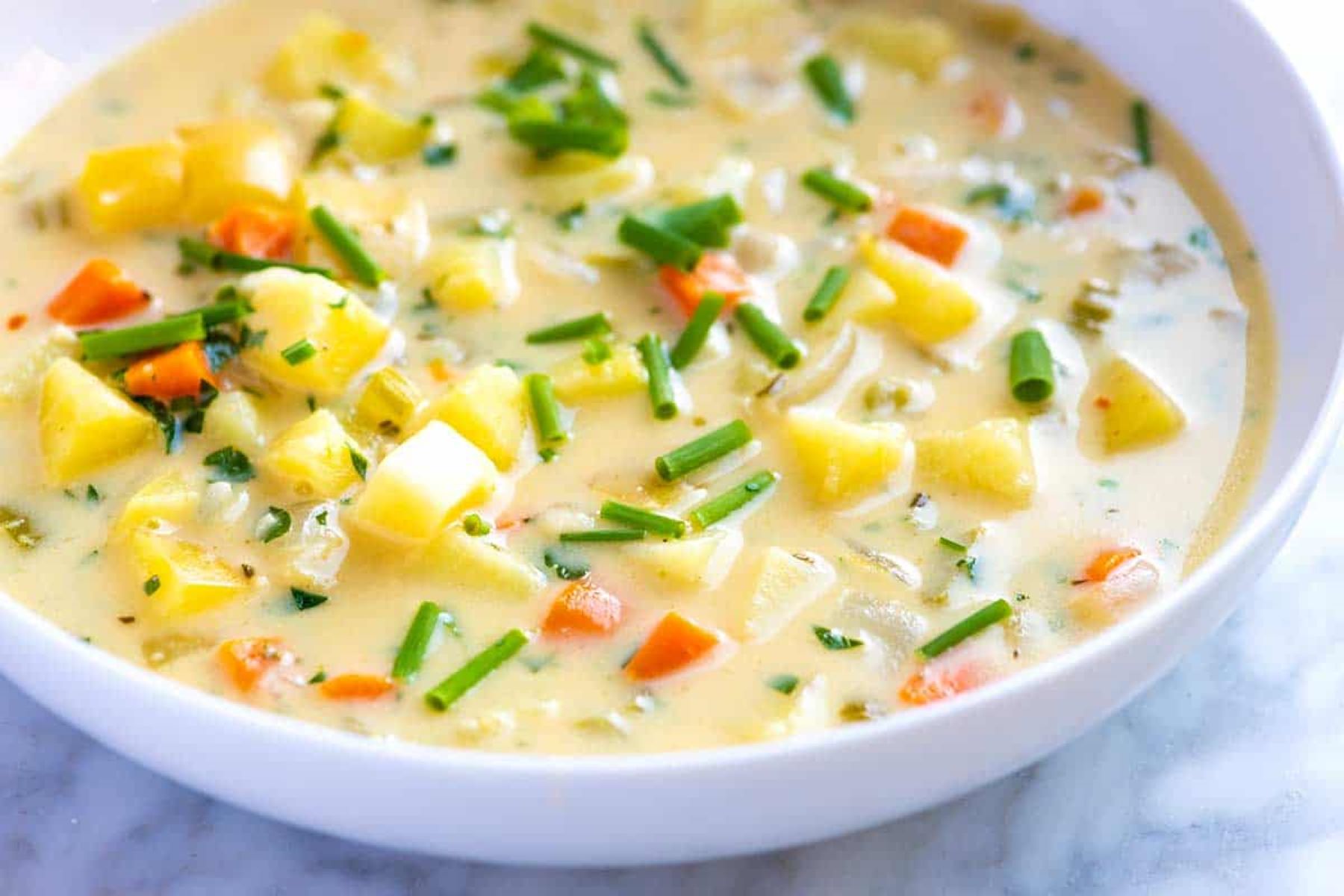

0 thoughts on “How To Store Cooked Potatoes For Potato Salad”